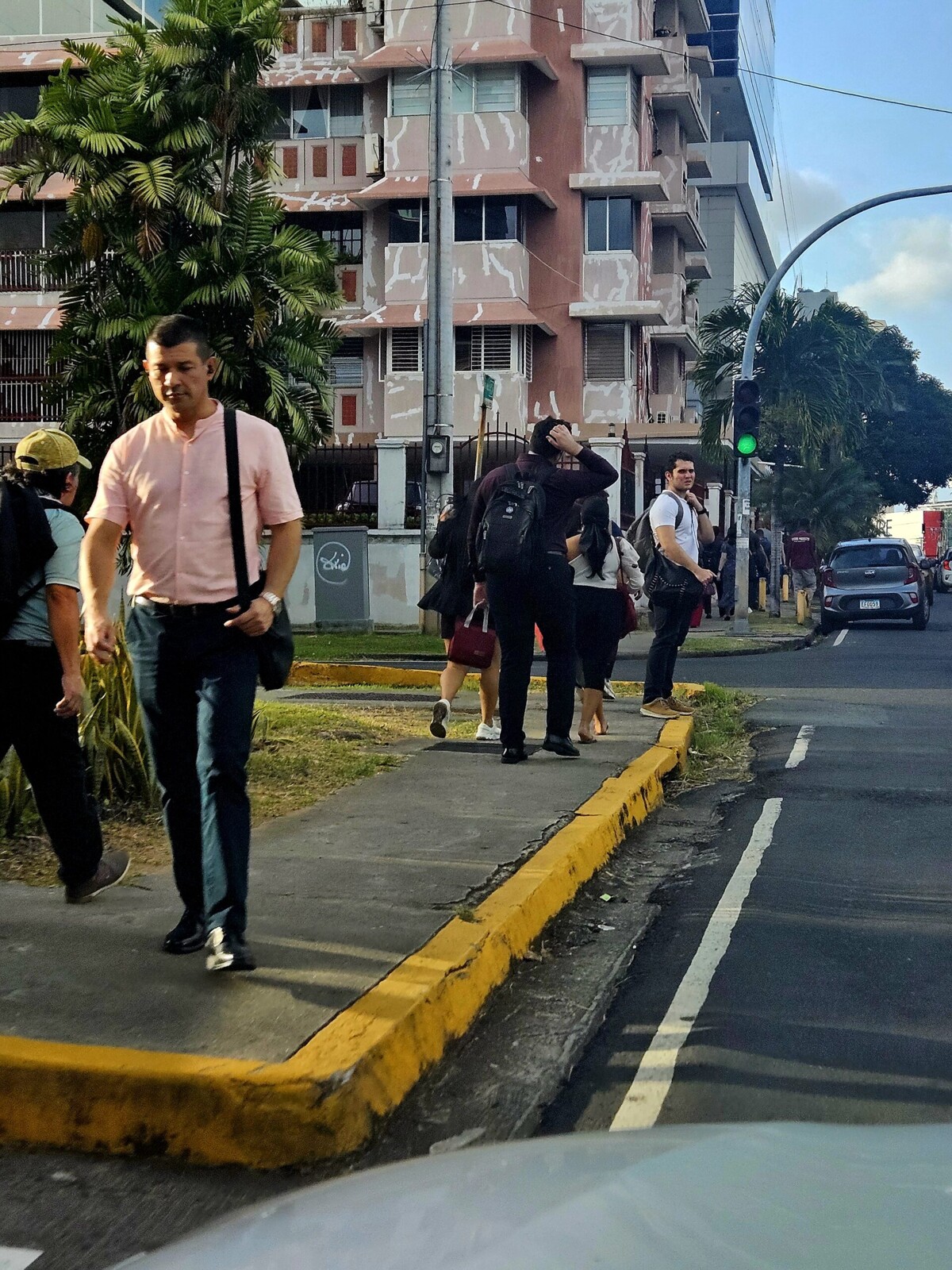
The social security system in Panama faces a serious risk for its future if decisive measures are not taken by authorities and the productive sector. Labor informality, the decline in foreign investment, and the weight of public debt are factors that jeopardize the sustainability of the Social Security Fund (CSS).
According to engineer René Quevedo, labor informality is one of the main factors exacerbating the crisis of the CSS, as more than 50% of the workforce in Panama works informally. This situation creates an imbalance between active contributors and retirees, putting the viability of the pension system in jeopardy.
Quevedo warns about the imminent insolvency of the Disability, Old Age, and Death (IVM) program due to the increase in informal employment, the decrease in foreign investment, and the high interest rates of public debt. The reduction of foreign direct investment is also identified as a key factor contributing to the economic crisis and the deterioration of the CSS, as less investment leads to fewer formal jobs and, consequently, fewer contributors.
Political uncertainty, the lack of structural reforms, and growing indebtedness have discouraged the arrival of foreign capital, negatively impacting the country's economic growth. This, coupled with the rise in international interest rates, has increased the cost of public debt servicing, limiting the government's ability to invest in productive sectors and strengthen the social security system.
To address this crisis, Quevedo proposes measures such as incentivizing the formalization of employment through more flexible fiscal and labor policies, as well as promoting investment in productive sectors. It is essential for the government and the private sector to work together on a comprehensive pension system reform that ensures its long-term sustainability.













